HAVING started work as a child actor in Chotto Jigyasa (1968) and a lead in the 1980’s, Prosenjit Chatterjee stands as a giant of Bengali cinema.
With a career boasting an impressive portfolio of over 340 films, the versatile actor has entertained audiences across different generations and added to his impressive body of work with Shesh Pata.
The Bengali language drama about a troubled writer recently premiered on streaming site ZEE5 Global after a theatrical release in 2023. As audiences immerse themselves in the intricacies of his latest role, the legendary actor spoke to Eastern Eye about the depths of his craft, UK fanbase and how Indian cinema has evolved over the years.
He also discussed the uniqueness of Bengali cinema, directing a film and who could portray him in a biopic on his life.
Tell us about your film Shesh Pata.
Well, first I must congratulate ZEE5 Global for taking the film worldwide, especially to the UK. I have a huge fan following in the UK. All the Bengalis there love me for years. Shesh Pata is a very important film for me as an actor. It has really changed a lot of things. Though we shot it in a very crucial time when the pandemic was on, it is growing every day. I personally believe Shesh Pata is a film which will be there for another 50 years.
What makes you say that?
So, you know, there are some movies which we watch and forget. But then, there are a few which will stay for a long, long time for students of films, and for the future of cinema. People will not only watch this film, but I am very, very sure this film is going to stay.
Suppose I have done 340-345 films. I think Shesh Pata is going to be one of the most important five to 10 films of my career.
People will remember my character, Balmiki.
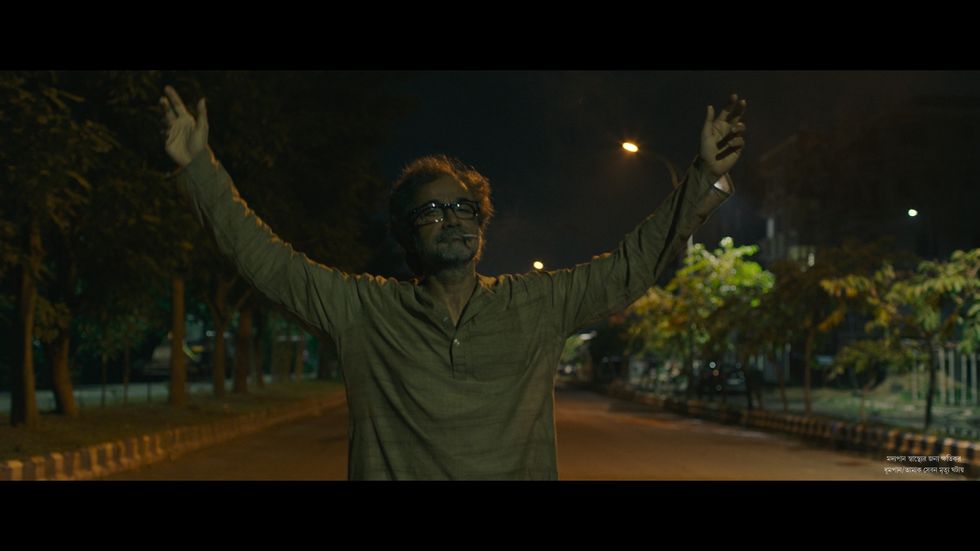
How do you feel about ZEE5 Global taking your film to a worldwide audience?
ZEE5 Global do have lot of my films. It’s good that the platform is taking not only Shesh Pata but a lot of good films globally, in various languages. It’s not just Hindi. All over the world, there are a lot of Punjabis, Gujaratis and Bengalis. They also can watch the people they like. They must have gone out from India for a long, long time, but they don’t forget the actors or directors. I think that’s the connection also because cinema always gives you that. You can go back to your roots through cinema.
Read Also: Netflix renews ‘Heeramandi’ for season two
How do you think Bengali cinema has evolved over the years?
I think it’s not just Bengali cinema, I must say that it’s Indian and world cinema that has changed with time. The language of cinema, technology and the audience has changed. When we used to work, there was only one cinema hall screen. Now we have five to six screens. We have a lot of time to get entertained within a lot of devices, right?
But do you agree that multiple screens and more content has brought along bigger challenges for creators of cinema?
Yes, it’s a big challenge for any makers to create cinema where people are going to come, switch off their mobiles and watch for two and a half hours inside the theatre. It’s been a major challenge and big change. But then the films are also becoming visually big, all over the world. Similarly, there are changes in Bengali cinema also.
Tell us about that.
When we started, it used to be black and white. Then we shifted to colour and cinemascope. And today, because of the digital platforms, the kind of cinema, script, acting and everything we see has changed. We need to also understand the psyche of the younger people, the kind of cinema they love and want to watch. We must give them that. I think things have changed a lot in terms of budget, production, projecting and execution.
The primary focus of cinema is to convey stories. But what, according to you, sets Bengali cinema apart from other film industries in India?
If you talk about Bengali cinema and Indian cinema worldwide, the first three names that come to mind are (Satyajit) Ray, (Ritwik) Ghatak and (Mrinal) Sen.
You can’t deny these three people took Indian cinema global. Of course, there were a lot of great makers from Mumbai, from Marathi cinema and all other regions. Our plus point is that we are very good storytellers because in Bangla, we are very rich on literature. So, we have been working mostly on literature. And, of course, there are commercial films also. People love to watch commercial films.
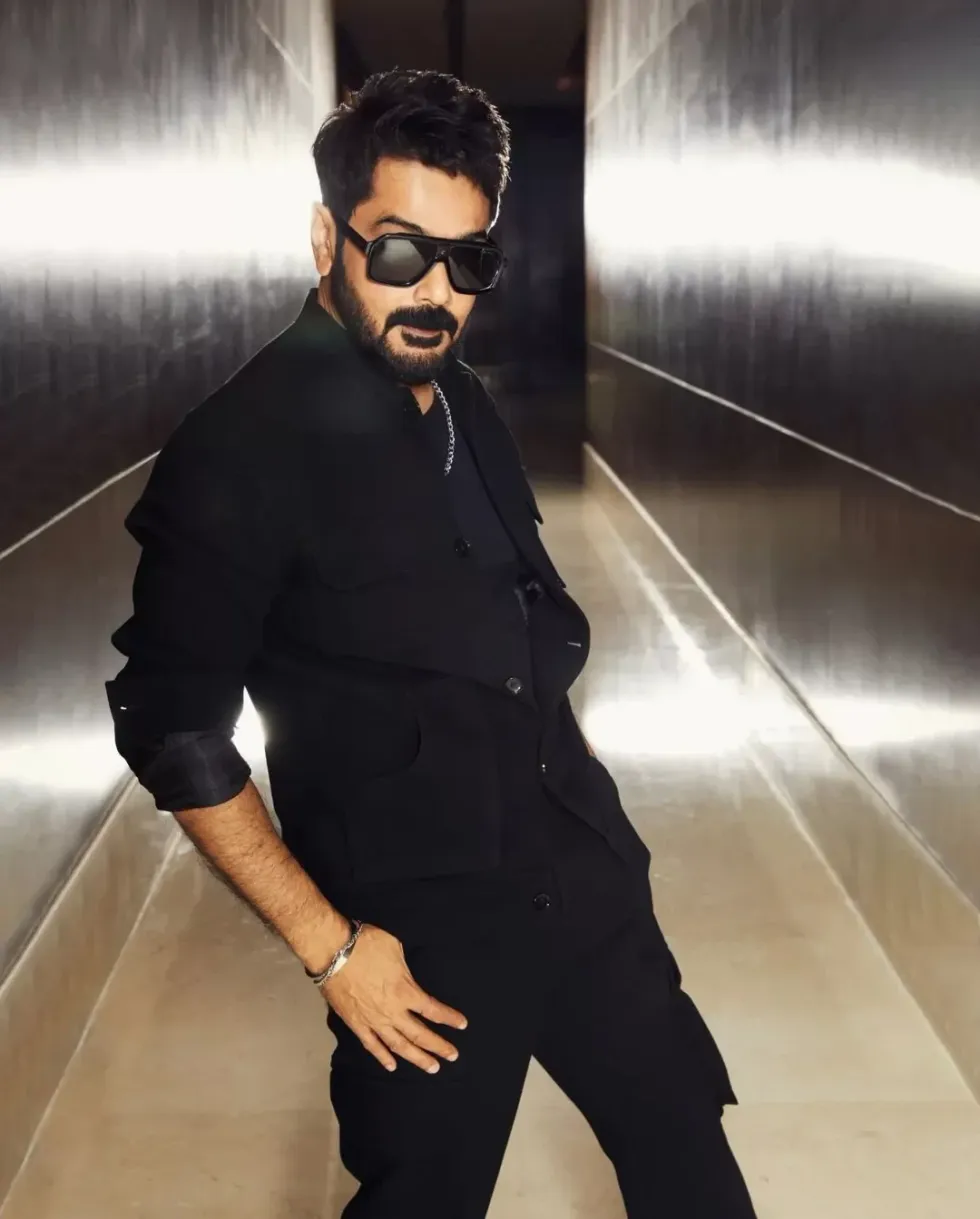
You yourself have done hundreds of commercial films.
I have done around 300 commercial films. But there are a lot of people out there who want to watch films, which are sensible.
People say Bengalis are intellectuals but it’s not always that. We also do a lot of commercial films and try to do something like Shesh Pata. I don’t use the ‘star’ word, but I’ve been in this industry for 40 years. I also sometimes come out from my zone and do a film like Shesh Pata. So that is the nature of Bengali cinema.
You have explored Bollywood also. What differences do you find in Bengali cinema and the Hindi film industry?
Honestly speaking, I don’t find any difference. But Bollywood is a big market. Having said that, if you see the costliest film ever made in the world, the cinematic language and all the characters are the same.
They all have a cameraman, spot boy, electricians and other same crew members. The only difference is you are playing cricket in your own locality, whether it is an Eden Gardens (Kolkata cricket ground) or a Lord’s in the UK. So, your volume just becomes big. Otherwise, as an actor, I will not give one inch less for a Bengali film and not an inch more for a Hindi film.
Tell us more about that.
Same goes with the cameraman, editor, scriptwriter and director. The only difference I see is that some may have a certain budget. We do a film in 30 days. They can do a film in 100 days. But the language of cinema and making of cinema is just the same. You must have the same good relationship. The director must be friendly with you. We need to have the scriptwriter. So, everywhere it is the same.
Is there any other facet of cinema that you want to explore apart from acting and producing?
Of course. I mean, I’ve directed a film long back. And that was a revolutionary film in Bangla. I first produced and directed a film which was the first cinemascope movie in Bangla.
So yeah, in future, of course, apart from my productions and acting, I would love to sit in a directors' chair again. I’m a student of cinema. So, whatever I’ve learned from last 40 years, I will try my best to bring it on the big screen.
If somebody decides to make a biopic on you tomorrow, who do you think would be the perfect fit for your role?
My son is just 19. Everybody is saying he looks and walks like me. He also wants to come to cinema right now, though he is a soccer player. So hopefully, it’s my son.
Your Hindi show Jubilee received a thunderous response from the audience. Can we expect a season two?
That I think will be decided by Vikram Motwane, and the platform (Amazon Prime Video). But what I am hearing is that the script is on. They are working on it.
What is the message for those people who haven’t seen your new film Shesh Pata yet?
I would love everybody to watch it. I’m saying it again, it is the best time. ZEE5 Global is taking this initiative. When we’re sitting in India and can watch a Spanish or Iranian show, then why can’t somebody sitting in UK watch a Bengali film?
I regularly watch Malayalee, Punjabi and Gujarati films. That is something which we used to miss out on earlier. But now, they are all available with a click. A good Bengali film is available.
So, I would love for everybody to watch my film and bless me.






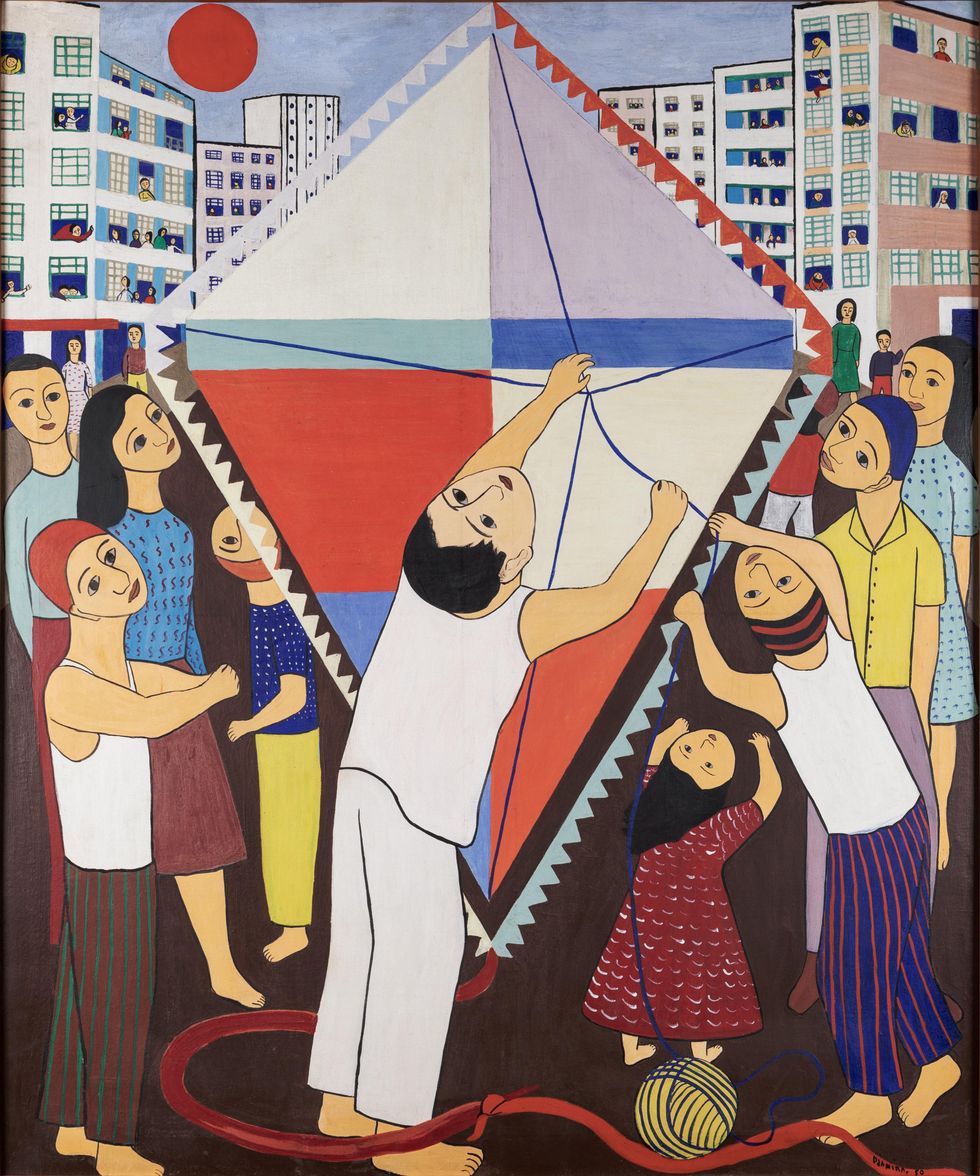 Flying a Kite (1950) by Djanira
Flying a Kite (1950) by Djanira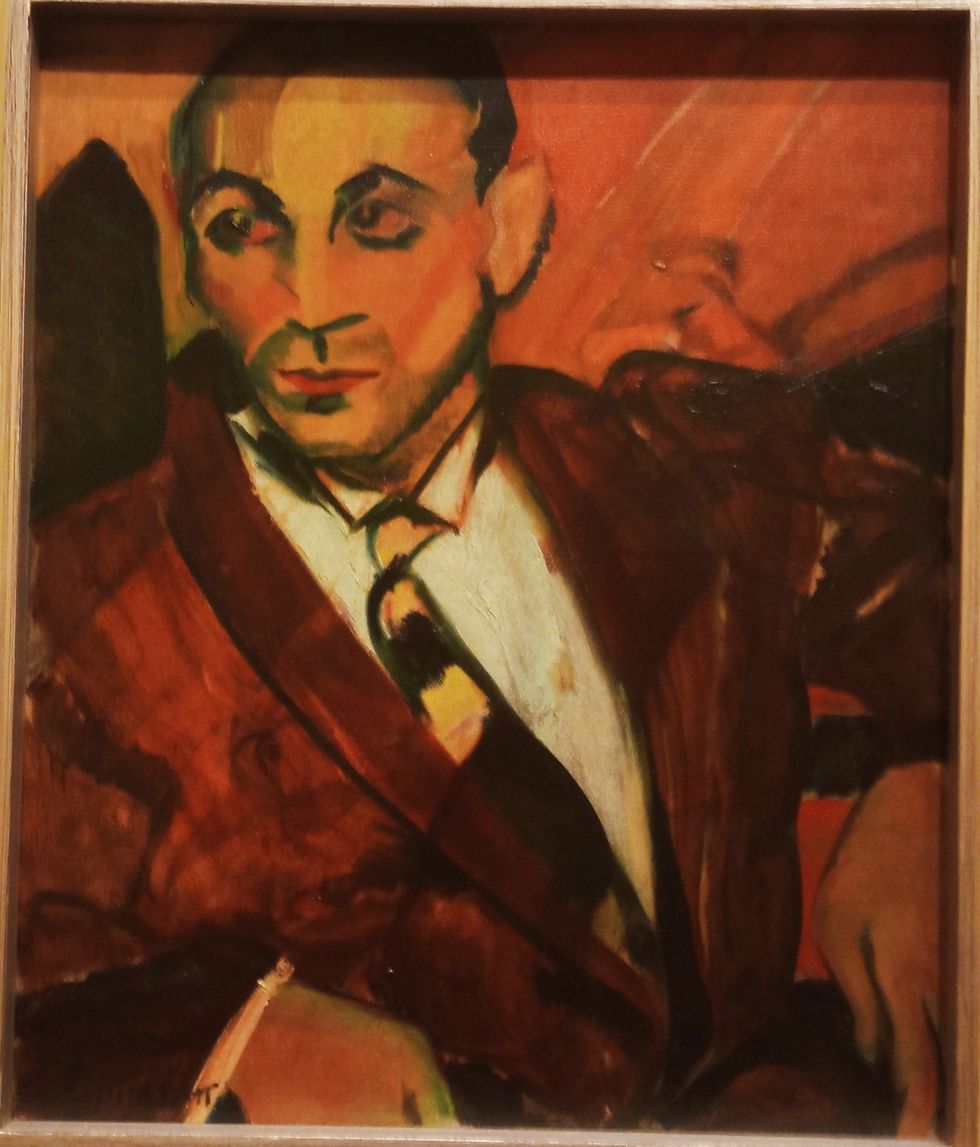 Yellow Man (1915/16) by Anita Malfatti
Yellow Man (1915/16) by Anita Malfatti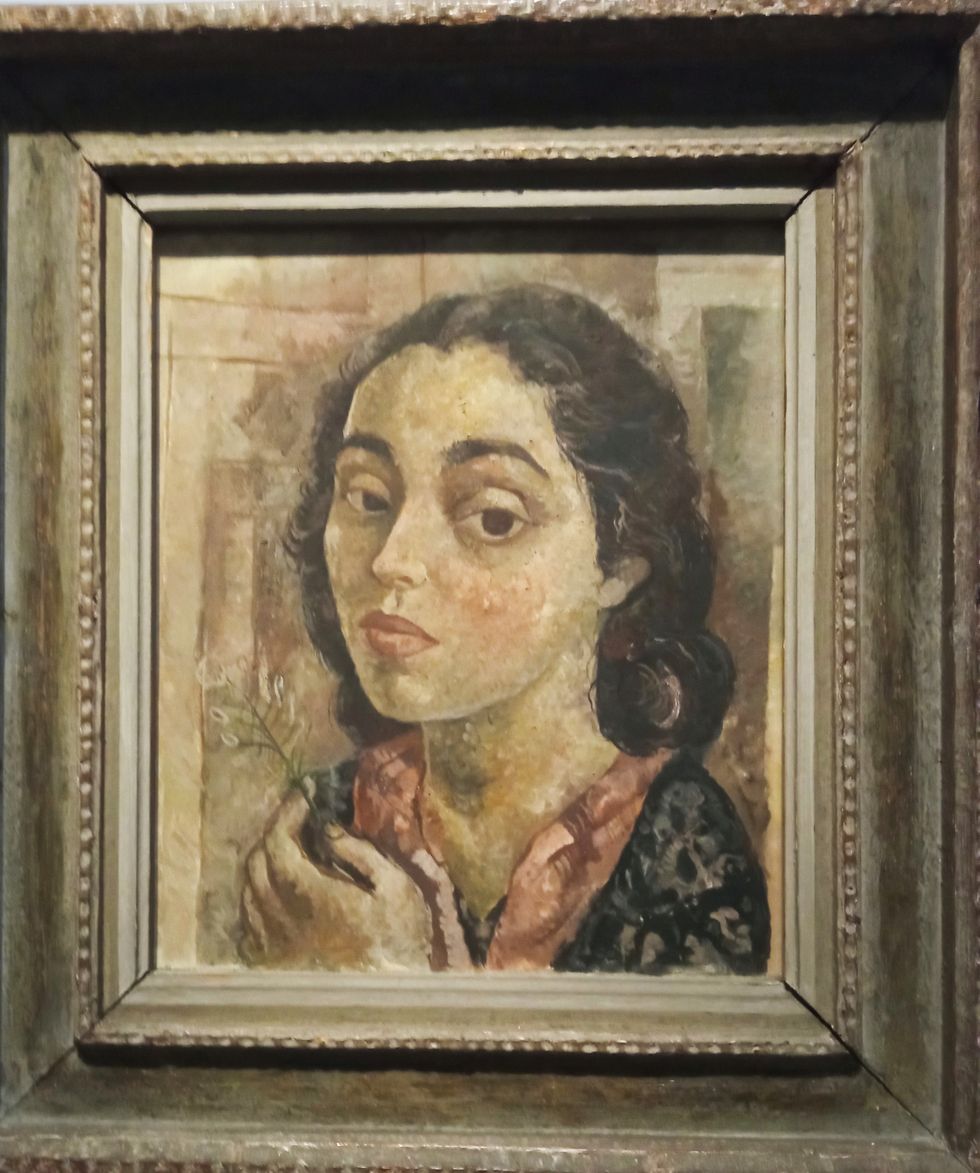 Lucy with Flower (1939-42) by Lasar Segall
Lucy with Flower (1939-42) by Lasar Segall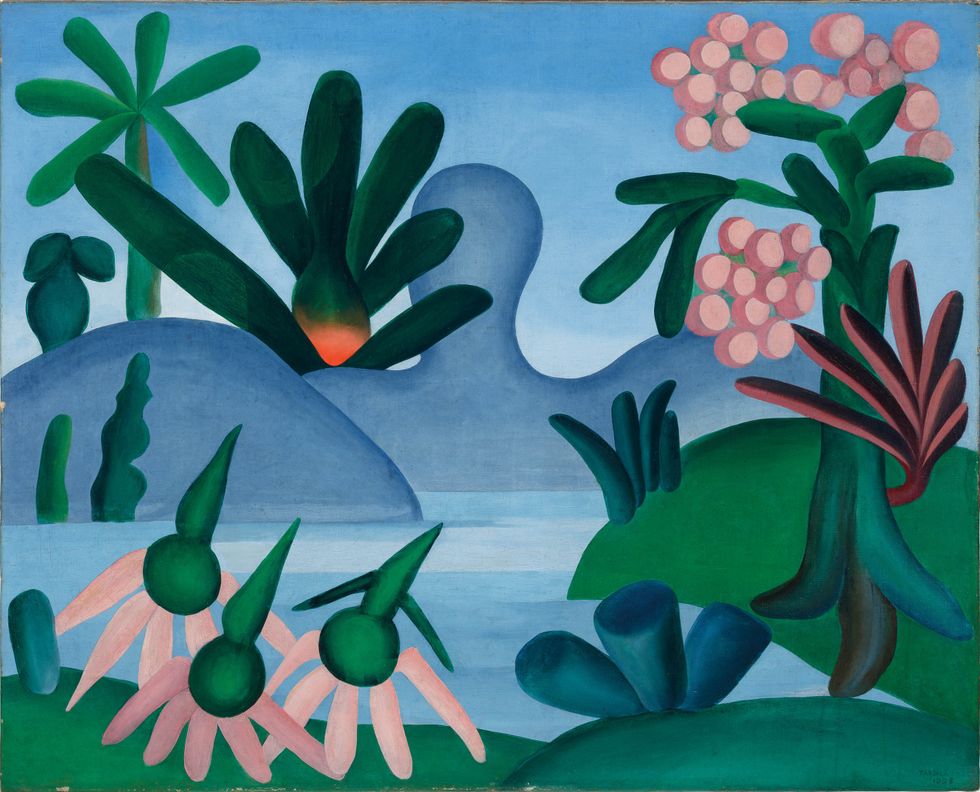 Lake (1928)
Lake (1928)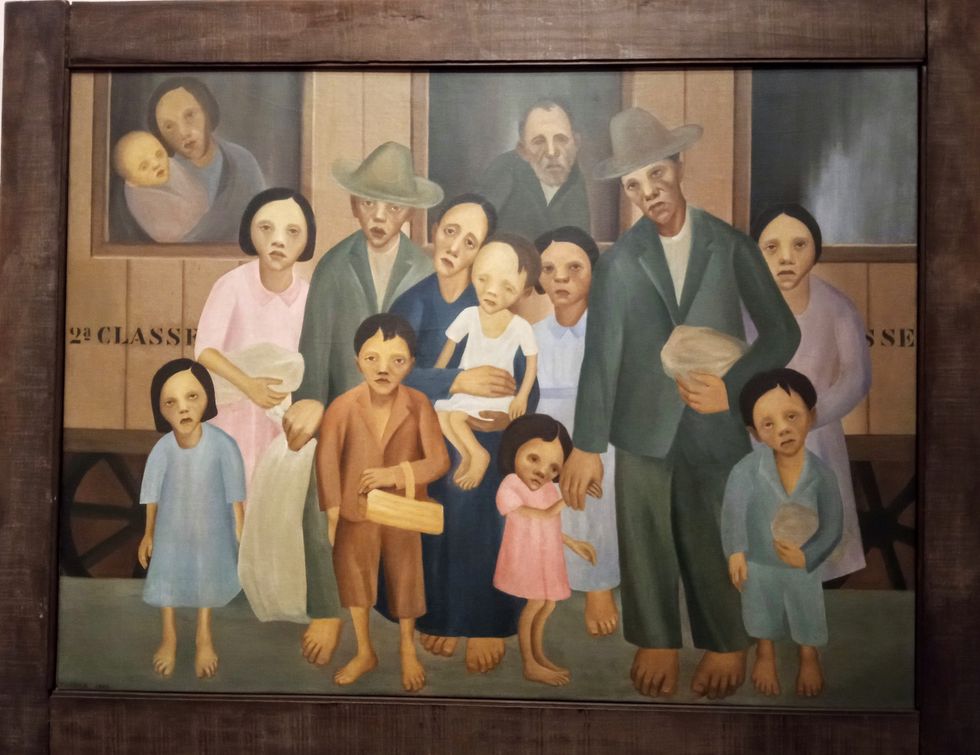 Second Class (1933) by Tarsila do Amaral
Second Class (1933) by Tarsila do Amaral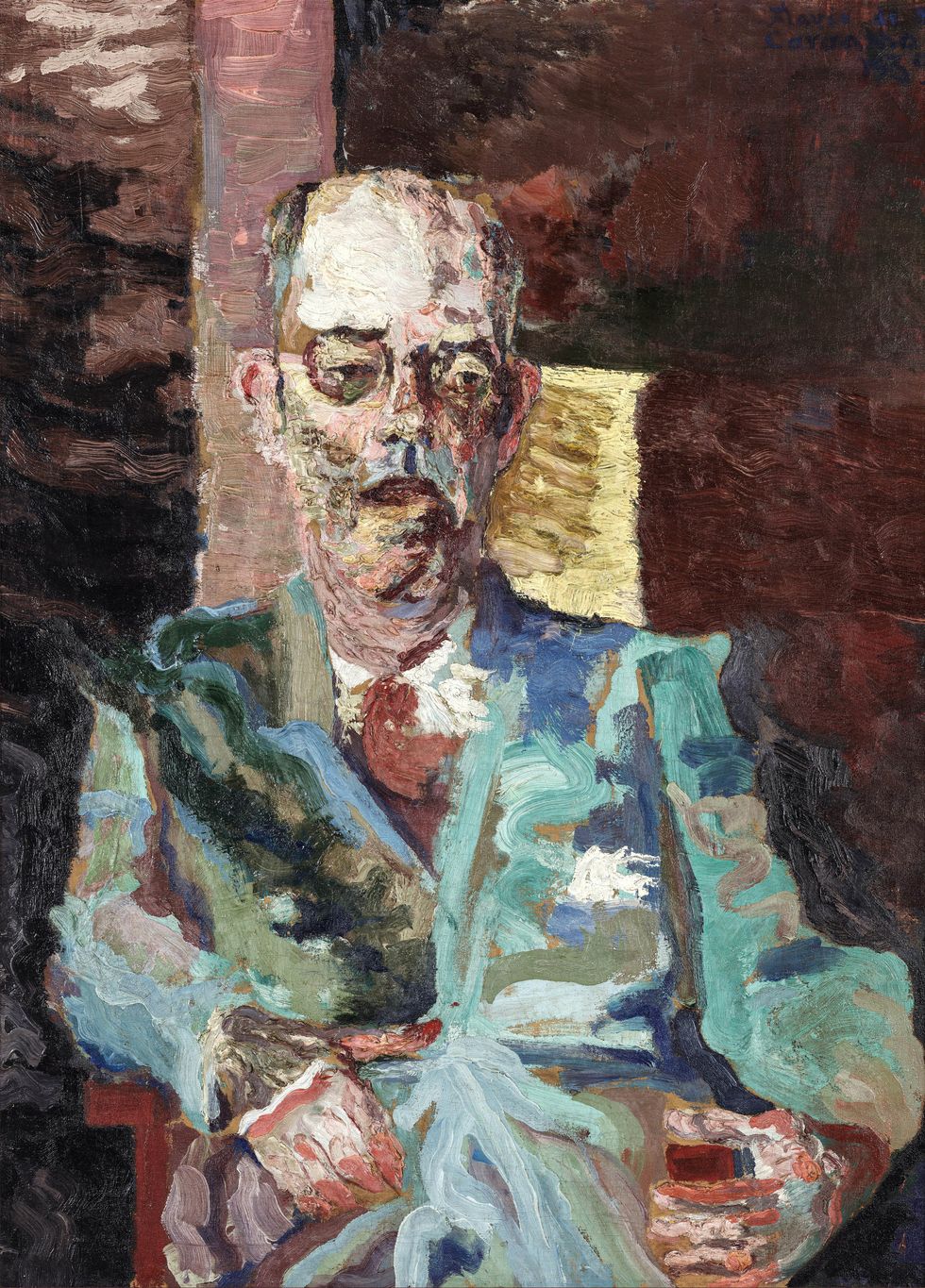 Mário de Andrade (1939) by Flávio de Carvalho
Mário de Andrade (1939) by Flávio de Carvalho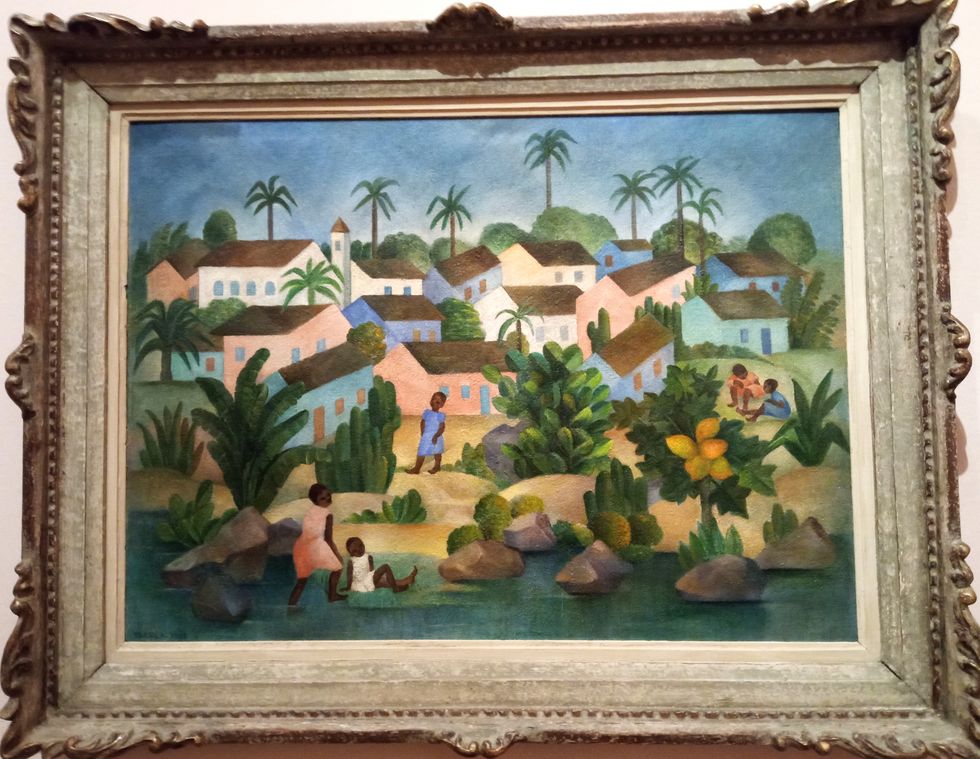 ,Settlement I (1952) by Tarsila do Amaral
,Settlement I (1952) by Tarsila do Amaral











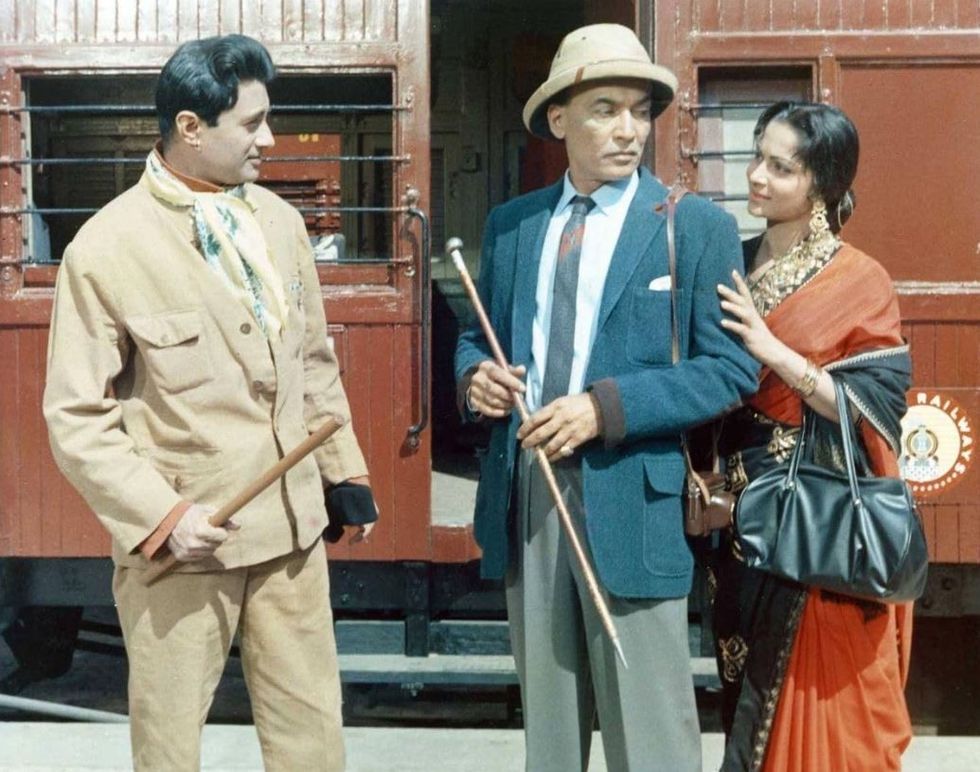
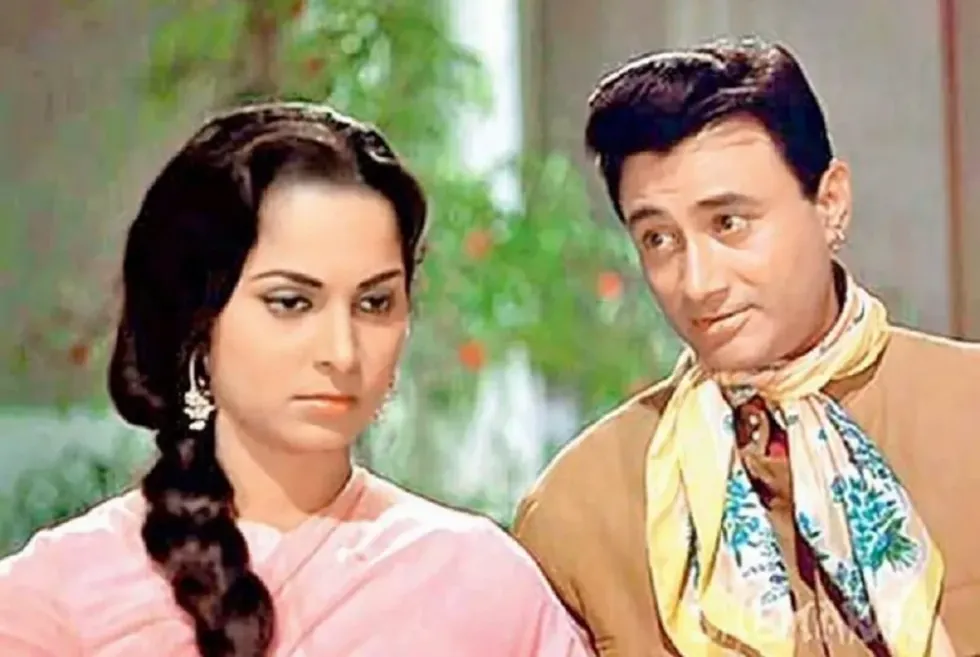
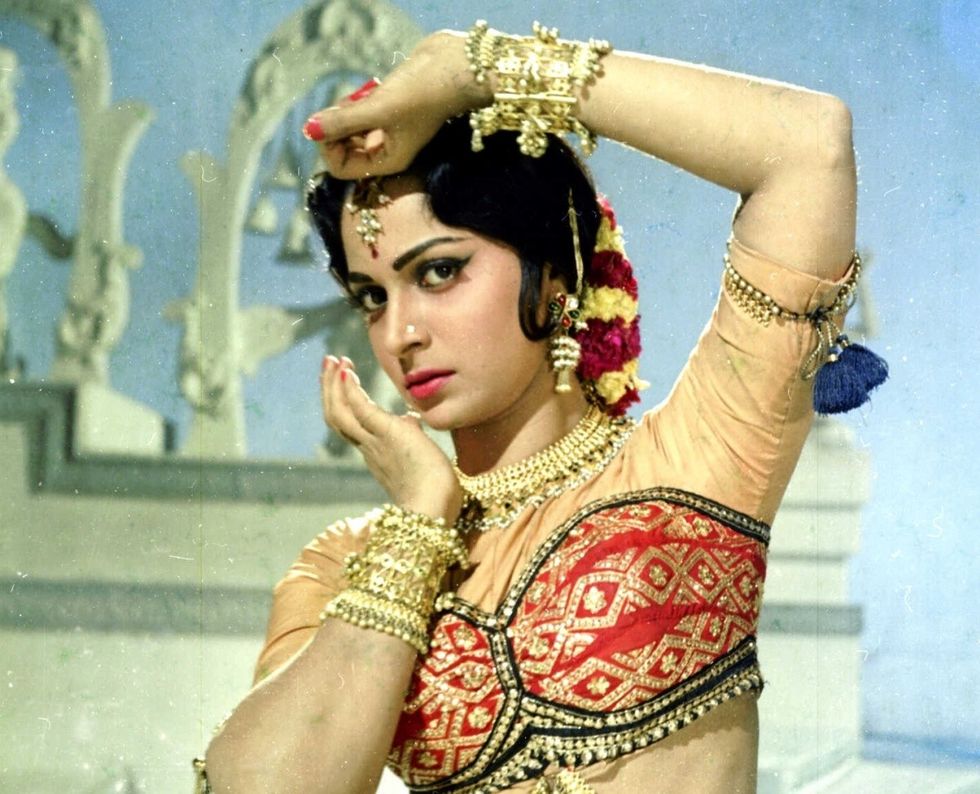
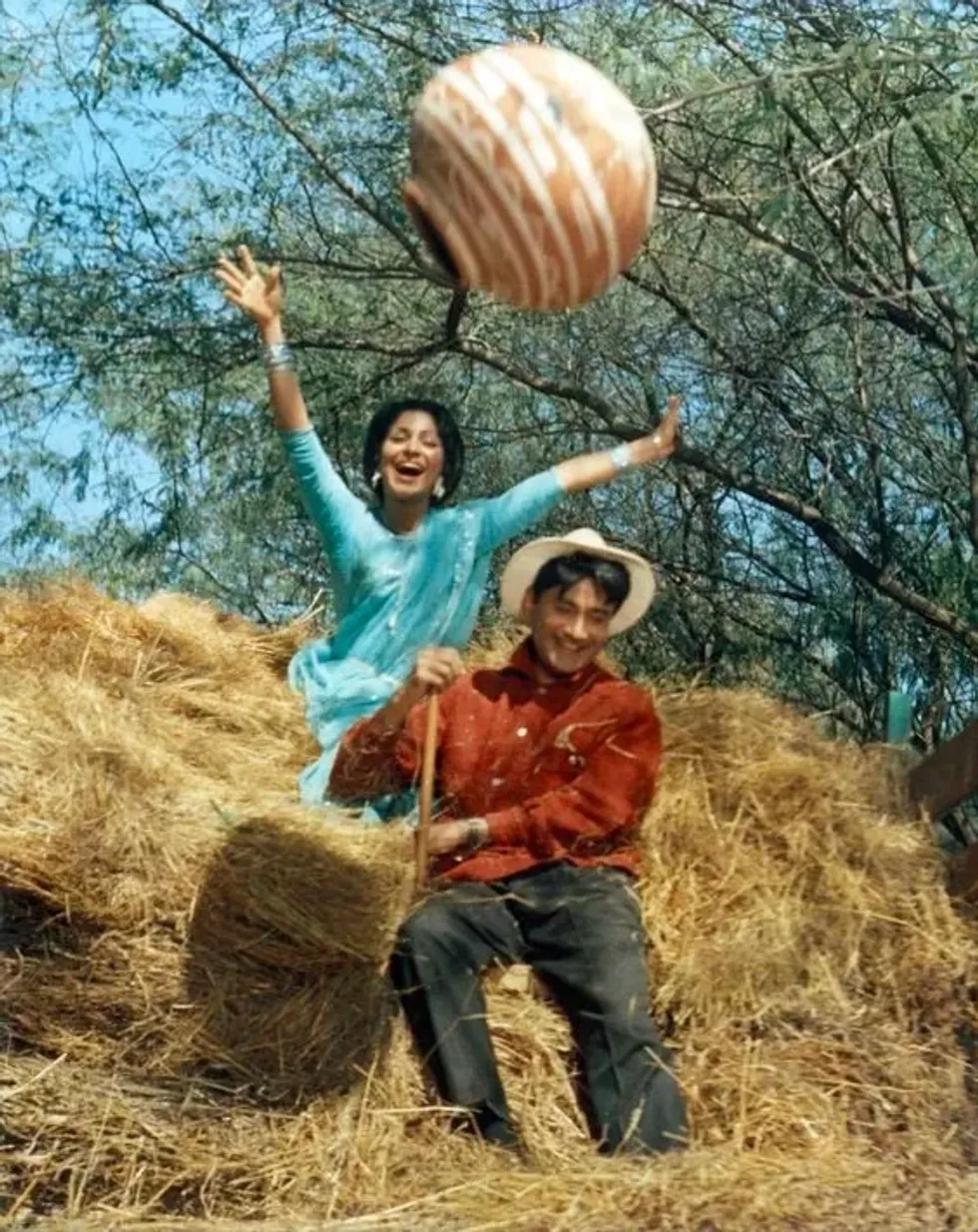
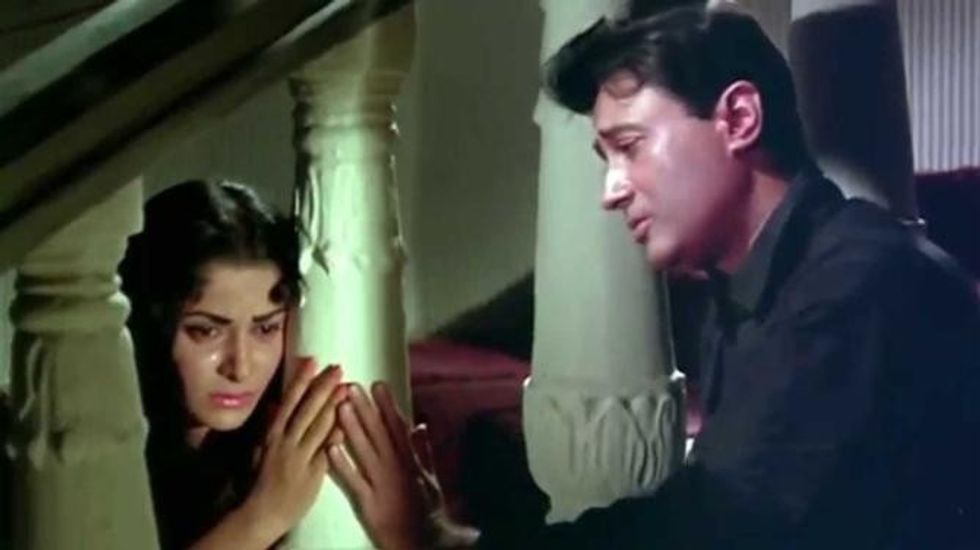
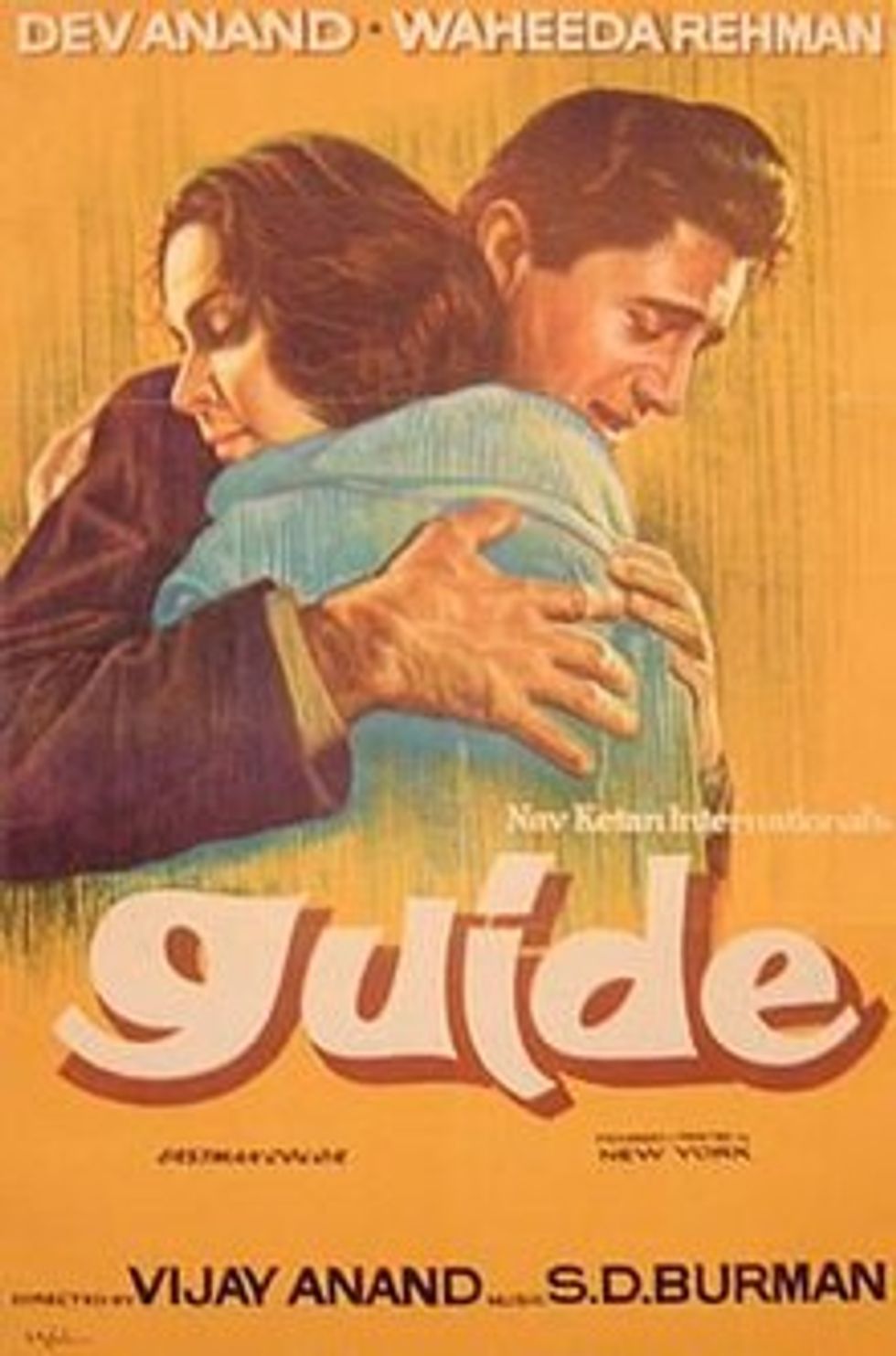 The film’s poster
The film’s poster
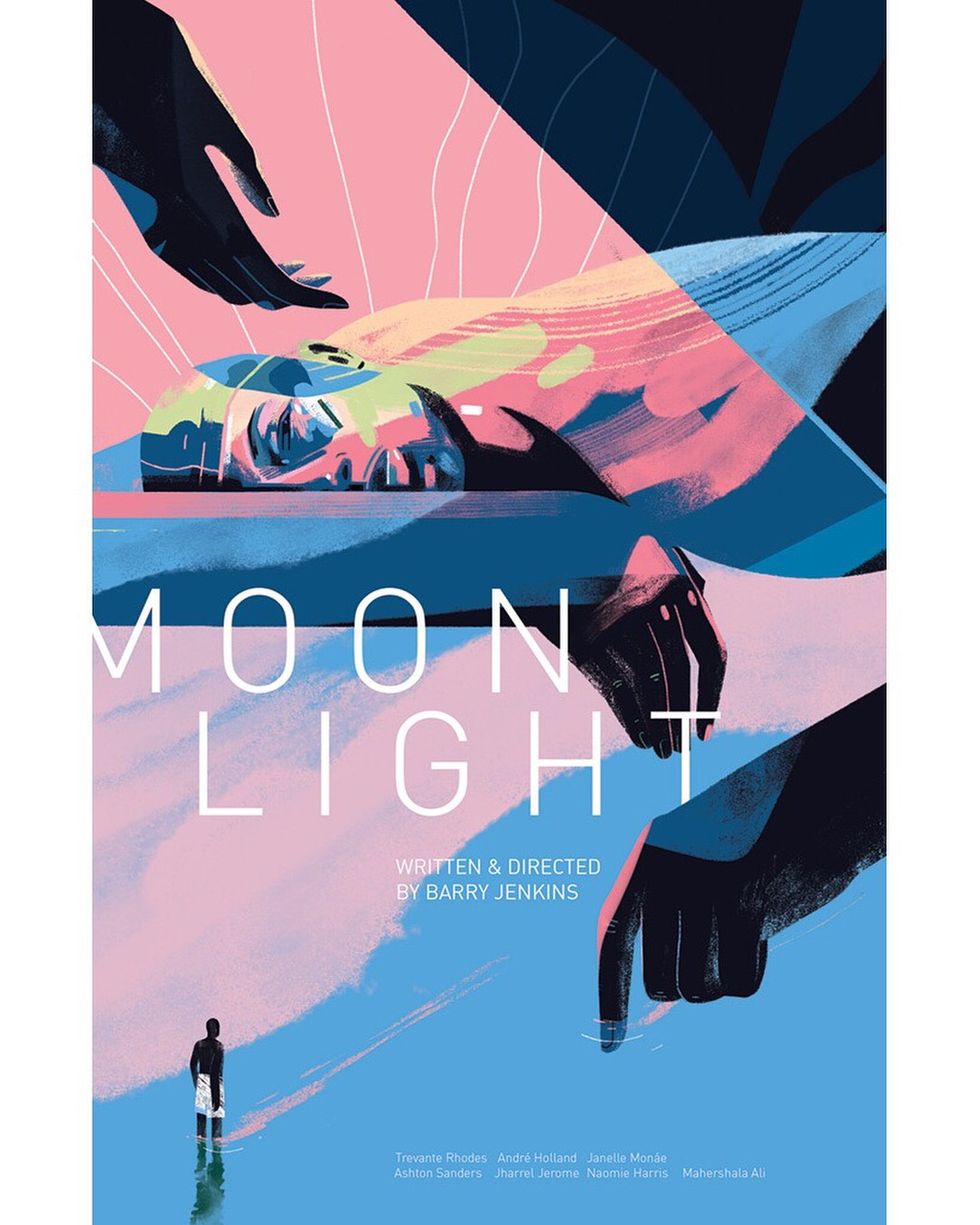 A timeless story of identity, love, and self-discovery – Moonlight shines beyond the screenInstagram/moonlightmov
A timeless story of identity, love, and self-discovery – Moonlight shines beyond the screenInstagram/moonlightmov

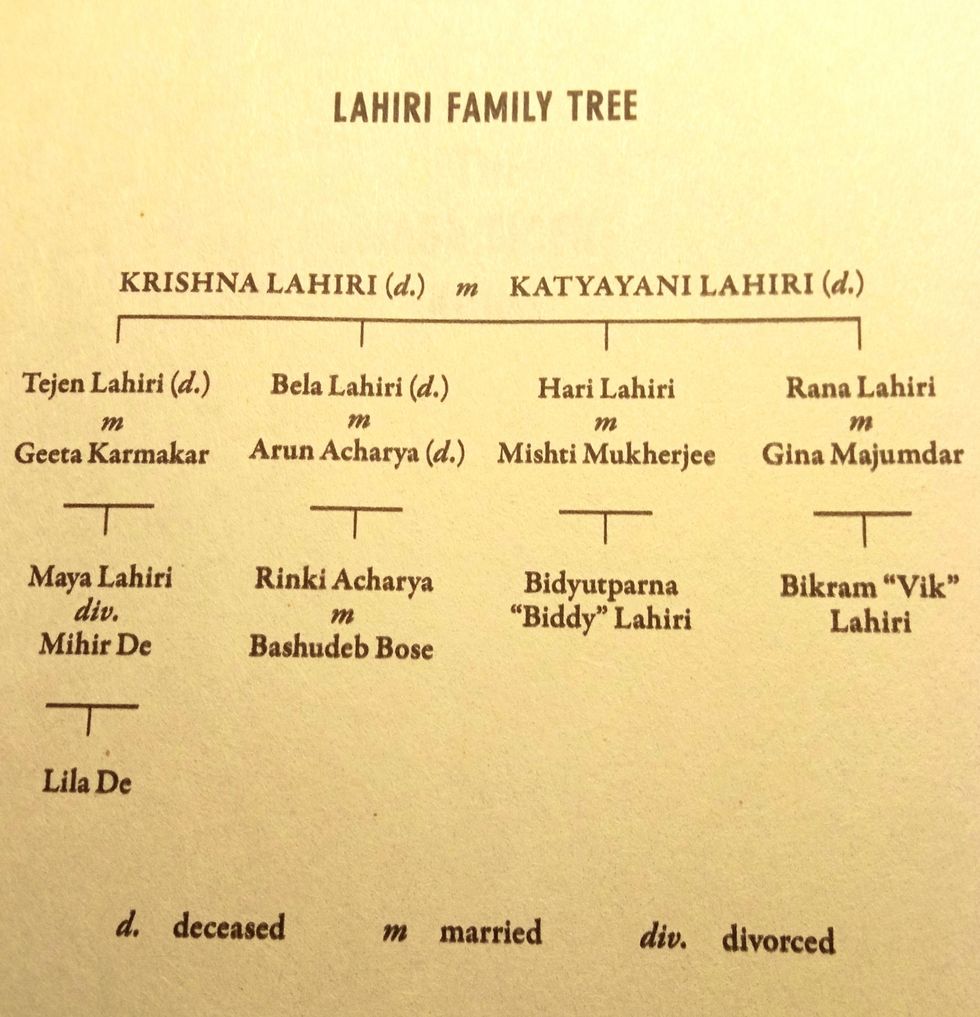 The family tree from the novel’s opening
The family tree from the novel’s opening